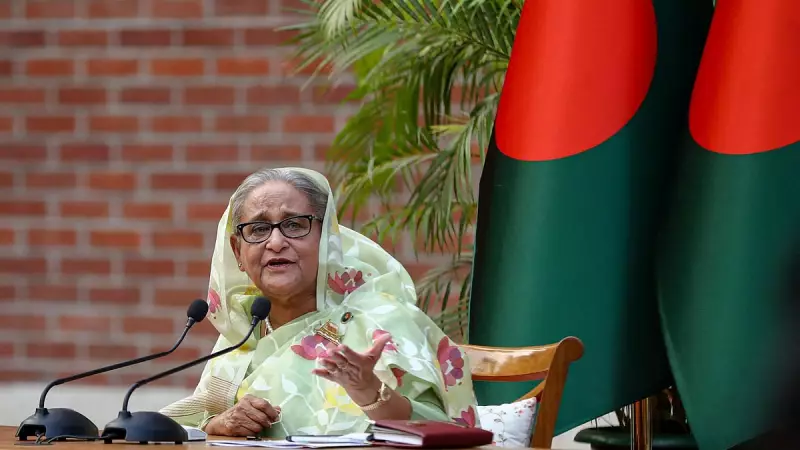
A Bangladesh court has delivered a landmark verdict, sentencing former Prime Minister Sheikh Hasina to death in a decision that has sent shockwaves through the political landscape of South Asia.
The Court Verdict and Its Immediate Aftermath
The sentencing was announced on 17 November 2025, marking a dramatic turn in the country's political trajectory. The case against the former leader has been closely watched by international observers and human rights organizations worldwide.
New York-based Human Rights Watch has expressed significant concerns about the political climate in Bangladesh following this development. While acknowledging that some authoritarian practices have ended under the current administration, the organization warned that the interim government has adopted troubling tactics of its own.
International Response and Human Rights Concerns
The human rights watchdog highlighted the complex situation unfolding in Bangladesh. Their assessment indicates a mixed picture where certain restrictive measures have been lifted, but new concerning patterns have emerged under the interim administration's rule.
This verdict comes at a critical juncture for Bangladesh's democracy and has raised important questions about the future of political freedom in the nation. The international community continues to monitor the situation closely, with many countries and organizations expected to issue formal responses in the coming days.
Political Implications and Future Scenarios
The death sentence for a former prime minister represents an unprecedented moment in Bangladesh's political history. This development is likely to have far-reaching consequences for the country's governance structure and political dynamics.
As the news spreads globally, analysts are examining the potential impact on regional stability and Bangladesh's international relationships. The situation remains fluid, with legal experts noting that the verdict may be subject to appeals through higher judicial channels.
The interim government now faces the challenge of managing both domestic reactions and international scrutiny while maintaining stability in the country. How this situation evolves will significantly influence Bangladesh's political trajectory in the months ahead.






